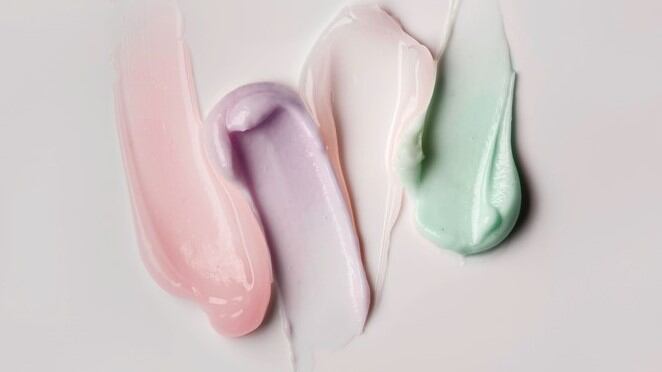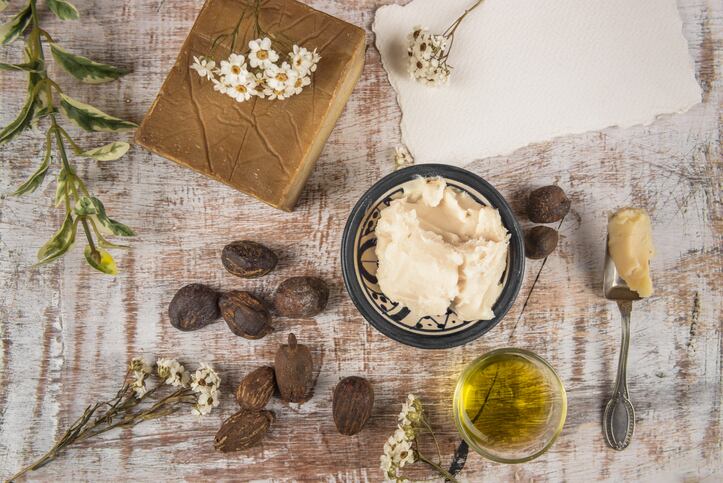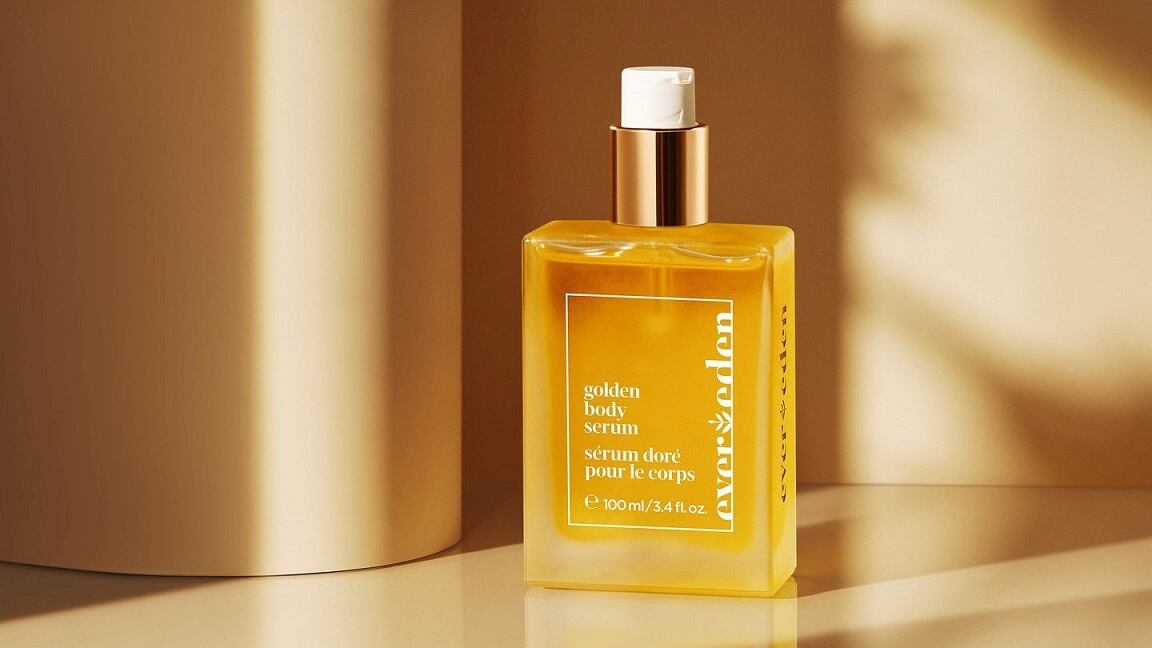Silicone-free ‘one of the most important’ hair care trends in Korea
The pervasiveness of the clean beauty movement and the increasing emphasis of health is driving the demand for silicone-free hair care products in South Korea.
The emphasis on health has also been influenced by the clean beauty movement, which has permeated across Korea’s personal care landscape, influencing skin care, make-up and now, hair care.
Most notably, the clean beauty and health movement is fuelling the demand for silicone-free hair care products, according to personal care ingredient supplier Seppic.
Innerbottle pilots closed-loop beauty e-commerce platform in South Korea
Circular beauty start-up Innerbottle has linked up with LG Chem and CJ Logistics to pilot a new B2C beauty e-commerce platform that will allow consumers to recycle their cosmetic packaging easily and effectively.
“Until now, consumers could just dump the bottle in the trash. But with our new platform, they can just hit recollect and CJ will visit their homes and offices to collect the empty bottles, making it easy for them to recycle,” CEO Steve Oh explained.
Once collected, the plastic bottles are sent to LG Chem, which will process them into post-consumer resin (PCR) which can then be used to remake more bottles.
Allozymes claims proprietary tech increases actives yields, boosts sustainability
Biotechnology start-up Allozymes’s claims its proprietary tech gives the cosmetic industry a way to produce natural active ingredients in an environmentally responsible manner, while also reducing cost, time and resources.
The company’s proprietary microfluidics technology allows the company to study and sieve out the right enzymes by using tiny water droplets as vessels so it can move through the hardware.
This gives the firm 200 times higher chance of success, allowing it to engineer one enzyme in around two months.
Asia demand on the rise for silicone-free hair conditioners - BASF
Demand is rising across Asia Pacific for health-focused products including silicone-free hair shampoo, but BASF believes their vast potential in silicone-free conditioners too.
The silicone-free hair care trend demand is driven by the emphasis on products that are good for health.
While silicone-free shampoos are becoming a dime a dozen, there is a lack of silicone-free hair conditioners in the market.
Lucas Meyer Cosmetics eyes APAC’s hijabi hair care sector with upcycled active
Lucas Meyer Cosmetics believes its latest upcycled active ingredient can solve major pain points in the hijabi hair care market, especially in the warm and muggy climates of Asia Pacific.
One panel of 16 hijabis were asked to apply a leave-on gel with 1% Wastar Pink Berry for 14 days and saw a reduction in redness, itchiness, and flakes on the scalp within seven days.
The company believes the ingredient has a place in the humid climates of Asia. In particular, the company hopes to tap into the underserved halal beauty market.
Natural trend driving beauty to embrace Africa’s traditional oils
The cosmetics industry is seeing a rising appetite for traditional oils that have been used for centuries by Africa’s indigenous people as the demand for new, powerful, and efficacious natural ingredients booms.
Japanese firm Celmyon top three selling African oils are baobab, marula and mongongo oil. In particular, it has seen high growth rates for the latter because of its unique properties.
The company has data to show that Mongongo oil can protect against UV rays and blue light. More interestingly, when it comes in contact with UV, it forms a film on the hair.
Native Extracts outlines ambitions to establish Indian hub to develop ‘I-beauty’ ingredients
Ingredient supplier Native Extracts is working to establish a stronghold in India where it hopes to drive research and development on native botanicals and help promote ‘I-beauty’.
Recently, the Australian outfit partnered with India-based ingredient distributor, United Descaler, to bring its range of Australian botanical cellular extracts to the local market.
This was a part of the natural progression as the firm “executes our growth strategy and broadens our global footprint”, said Native Extracts CEO Lisa Carroll.
Gotha Cosmetics makes first major step into China as it sets sights on Asian expansion
Gotha Cosmetics has set up local production in China, where it believes it can tap into the post-COVID growth potential of the market while lessening the burden of rising shipping costs and delivery lead times.
It recently announced that it had acquired China’s iColor Group. The company knows that a local presence is crucial to better understand the local consumers and local brands.
An expansion in China has become increasingly important given the current state of shipping and transportation.
Givaudan eyes gap in the men’s cosmetics market for pore-reducing products
Ingredients firm Givaudan says there is gap in the men’s segment for cosmetics that can reduce large pores, particularly among Chinese males.
From its consumer market research, Givaudan identified that men were particularly concerned about visible pores. One finding highlighted that large pores were the primary worry of around two-thirds of Chinese men.
Recently, it launched Neoporyl, an active ingredient that claims to reduce pore size quickly. One of its tests on Asian skin showed that it was capable of a 30.2% reduction of pore size in one week.
Swiss firm Omya sets sights on APAC’s recovering make-up market
Calcium carbonate producer Omya is aiming to expand its business into skin care and colour cosmetics and has identified Asia Pacific’s recovering make-up market as a key target.
The Swiss company produces calcium carbonate for many industries, including the personal care market.
However, Omya has primarily dabbled in the oral care category and is now working to expand its business into skin care and colour cosmetics with one of its offerings, Omyaskin 100.
The ingredient can be applied to products such as powders, foundations, and primers to give a ‘soft-focus’ effect.





